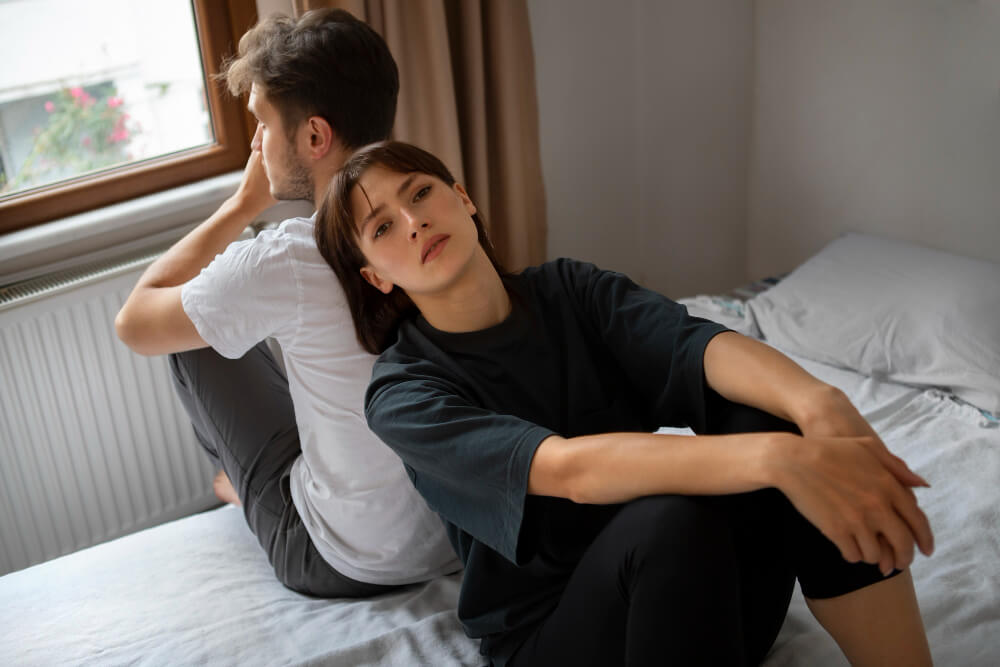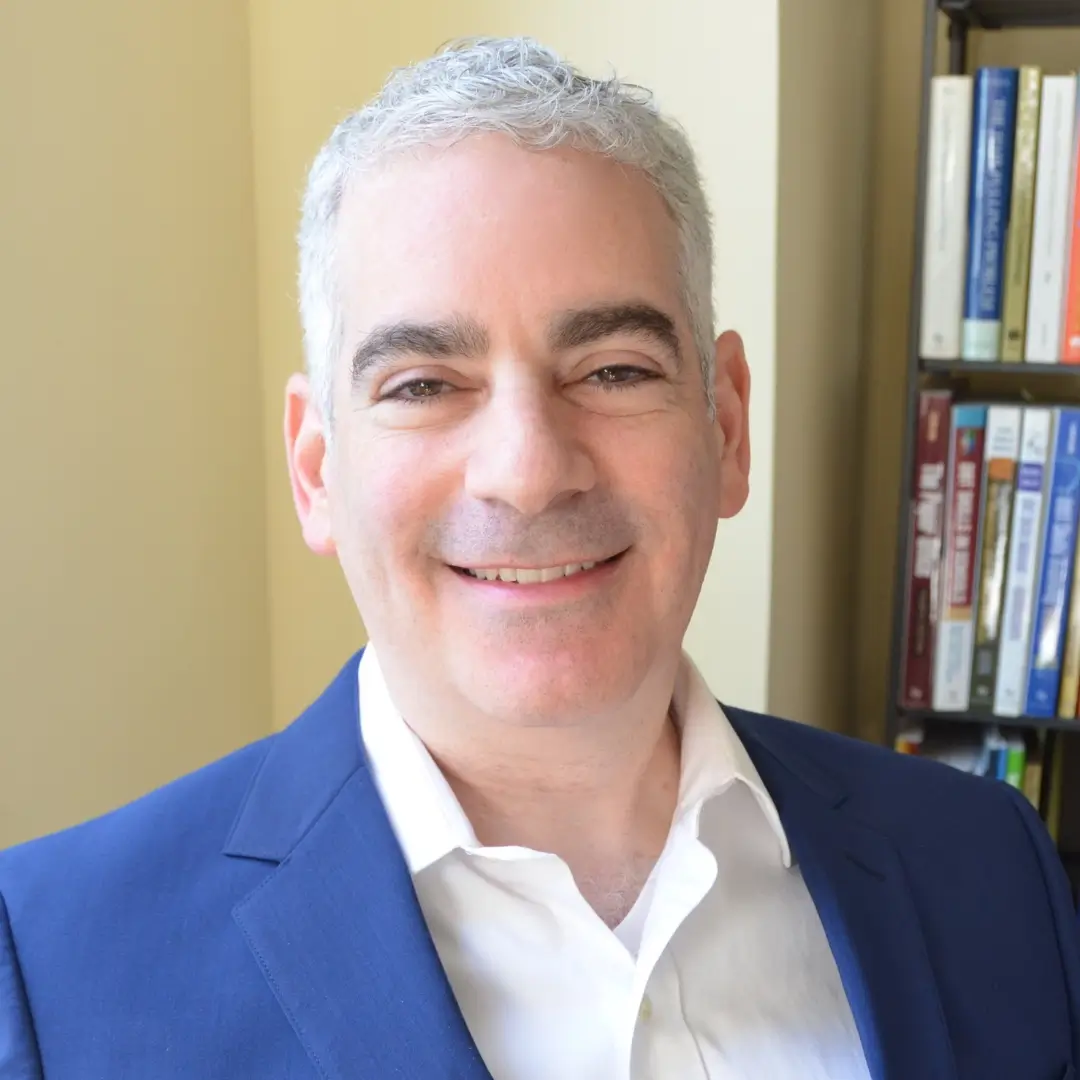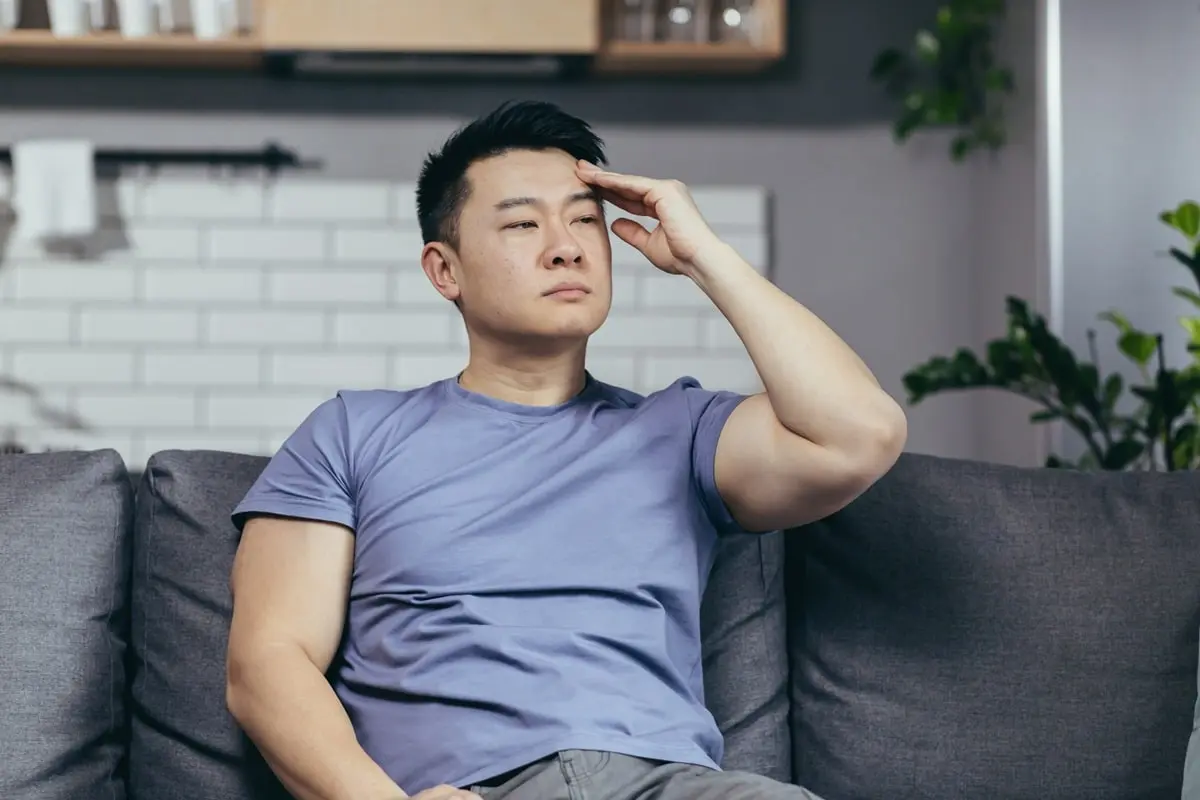Anxiety can lead people to avoid all kinds of things — even sex. Understanding the role anxiety plays is a critical part to addressing sex avoidance.
Updated August 19, 2023
One of the reasons you don’t read a lot about sex avoidance is that it’s more likely a symptom than a problem. But what is it a symptom of?
There are many possibilities, including relationship problems, low libido (which may be a symptom of something else as well), mismatched libido, and anxiety. There are other possibilities, too, of course. Anxiety is only one possible cause of sex avoidance, but this article will largely focus on it.
Sex Avoidance: It Can Be About More Than Anxiety
Sex is one of the most complex types of human behavior. The motivations for seeking or engaging in sex can differ widely from person to person or from one situation to the next. If someone in a relationship is avoiding sex, there can be many reasons. These include:
- diminished sex drive due to medical or hormonal reasons
- anxiety
- sexual functioning problems due to side effects of medication
- relationship difficulties
- partners with mismatched libidos
- pain during sex (e.g., dyspareunia)
- lack of interest
- medical conditions including cardiac and pain conditions
If your partner is avoiding sex, try not to make assumptions about the reason — it may be different than you think. However, when the issue is anxiety, it’s helpful to understand the cause.
What Causes Intimacy Anxiety?
The short answer is: many things. Among them are:
- performance anxiety (including fears of erectile dysfunction, premature ejaculation, or not having an orgasm)
- critical comments from one’s partner
- post-traumatic difficulties, often following sexual assault or sexual abuse
- body image concerns
- unease related to medical issues
- concerns stemming from obsessive-compulsive disorder or perfectionism
The relationship between anxiety and avoidance is important, especially when it comes to sex avoidance. The reason is that anxiety and fear activate our sympathetic nervous system, which interferes with the ability to experience sexual arousal (for both men and women). When anxiety makes sex less enjoyable, it can strengthen the tendency to avoid it.
RELATED: Negative Reinforcement — How You Accidentally Worsen Your Anxiety

Anxiety and Sex Drive
Above, you learned how anxiety can physiologically interfere with arousal during sexual activity. Anxiety can diminish sex drive as well. It doesn’t do this by changing hormone levels in our bodies necessarily, but by affecting the way we think and feel about sex and intimacy. For example:
- poor body image – if you think you’re unattractive, the idea of physical intimacy may become less appealing and thus diminish interest in sex.
- low self-esteem – similarly if you think of yourself as undesirable or “bad at sex” this may well lead to anxiety about sex, which can lead to reduced interest in it.
- difficulty relaxing — which leads to less enjoyable sex leads to less interest in sex.
- medications commonly prescribed for anxiety can lower libido. They can also cause erectile dysfunction in men or inhibit women’s ability to orgasm — either one of which can actually lead to more anxiety around sex.
If Your Partner Is Avoiding Sex
It’s a delicate situation if your partner is avoiding sex and you don’t know why. Here are some thoughts to keep in mind.
- First and foremost: Don’t assume. It’s upsetting if they are avoiding intimacy with you. However, the reason for your partner’s sex avoidance may be very different from what you’d expect — e.g., it might be anxiety about their ability to please you.
- A healthy relationship strikes a balance between your partner’s needs and your own. If the issue around sex is creating significant dissatisfaction for you, and you don’t understand why it’s happening, it may be worth addressing directly with your partner.
- Remember that the reason may have nothing to do with you personally; it could be related to a medical issue, a prior traumatic experience, or to insecurities or anxieties that are specific to your partner.
Getting Help
If anxiety is leading you to avoid sex and it’s creating a strain in your relationship(s), it can be useful to seek a consultation with a mental health professional with expertise in treating anxiety disorders. He or she may be able to teach you helpful strategies to address your anxiety. Please contact us today if you’d like to consult with one of our therapists.









